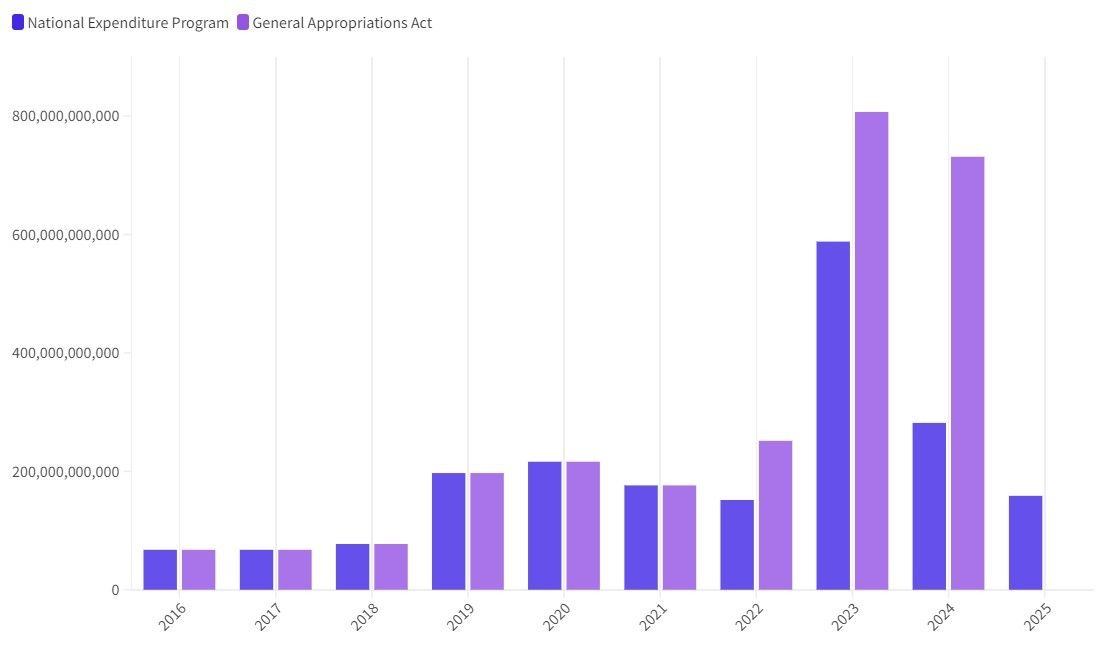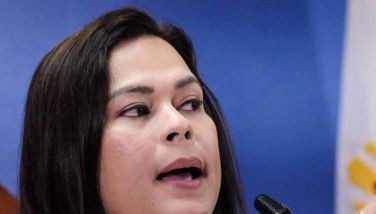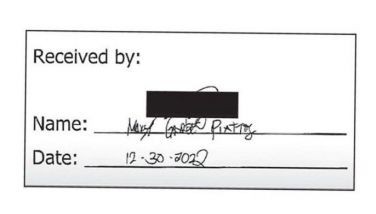Unprogrammed funds on the rise: Questions that hound the 2024 budget

MANILA, Philippines — It is budget season once again and legislators are tasked with assessing the proposed projects of government agencies and seeing if they can do right by the public’s taxes.
However, the 2024 General Appropriations Act (the version of the budget that is approved by Congress and passed into law) continues to confound—and even anger—some lawmakers.
During the budget deliberations of some agencies, lawmakers were surprised that portions of their budget went to unprogrammed funds.
The Department of Budget and Management (DBM) defined unprogrammed funds “provide standby authority to incur additional agency obligations for priority programs or projects when revenue collection exceed targets, and when additional grants or foreign funds are generated.”
In simpler terms, these are items in the budget which do not have money allocated for it yet. Should the government generate the money, or should there be new sources for it, then it will get reallocated to the project.
Unprogrammed funds throughout the years

Philstar.com compiled and contrasted the proposed unprogrammed funds since 2016, under the term of former president Rodrigo Duterte up to the latest National Expenditure Program (NEP) under President Ferdinand Marcos Jr. The NEP is the executive branch’s proposed budget for the year.
Under Duterte, the proposed unprogrammed funds never exceeded P260 billion. In 2017, the unprogrammed funds in both Duterte’s NEP and GAA was P67,500,000,000. For the most part, Congress approved Duterte’s unprogrammed funds without changing it, not until the 2022 budget—the one his predecessor would inherit.
Duterte’s DBM proposed P151,639,197,000 in unprogrammed funds, but Congress gave his administration P251,639,197,000.
This trend of Congress surpassing the executive branch’s proposed unprogrammed funds continued well into Marcos’ term.
The 2023 budget (the first one fully created under Marcos’ admin) proposed P588,162,480,000 in unprogrammed funds. Congress gave the executive branch P807,162,480,000.
What’s up with the 2024 budget?
For the 2024 budget, Congress added P449.5 billion of unprogrammed funds to the executive branch’s request of P281,908,056,000, totaling to a whopping P731,448,566,000.
This is more than 10 times the 2016 unprogrammed fund.
During this year's budget hearings, senators were greeted by many surprises from the 2024 budget. One of which was the types of projects that were relegated to unprogrammed funds.
For example, the Department of Transportation initially had a proposed P213.7 billion in its NEP. Congress stripped this down to P41.2 billion, with the rest going to unprogrammed funds.
Funding for projects like the MRT LINE 4 Project, North-South Commuter Railway System, Metro Manila Subway Project were listed in unprogrammed funds as “support to foreign-assisted program”.
Another P10 billion earmarked for the Revised Armed Forces of the Philippines Modernization Program went to unprogrammed funds for 2024.
The executive branch’s proposed climate change fund was also slashed, with P86 billion going to unprogrammed funds, according to a report from Inquirer.net.
Another point of contention with the 2024 budget was the provision directinwg the Department of Finance (DOF) to find and collect idle funds, which can be returned to the country’s coffers.
The DOF recently ordered Philhealth to return P89.9 billion to the Bureau of Treasury. While the 2024 GAA actually allowed the DOF to do this, senators were still stunned to discover that such a provision existed.
Sen. Bong Go, the chair of the Senate Health Committee, led a public hearing questioning DOF and Philhealth officials over the transfer. He acknowledged that while the transfer was legal, it was still morally wrong.
The 2024 GAA has been challenged by progressive group Bayan Muna at the Supreme Court for three points: Marcos’ certification of the 2024 GAA as urgent, the insertion of an additional P449.5 billion, and the Bicameral Conference Committee’s insertion of additional provisions. The Bicam is typically undertaken behind closed doors with select representatives from the House of Representatives and the Senate.
The Executive Branch’s explanation
The DBM has found itself having to defend unprogrammed funds more and more every year. Senators have criticized the reallocation of funding for priority programs to unprogrammed funds.
DBM told Philstar.com that they had to place projects under unprogrammed funds because those items “are not yet ripe for regular programming during the budget process-finalization of the NEP.”
The agencies whose projects were transferred to unprogrammed items may not have complete conditions yet.
“But it doesn’t mean that they are not a priority that is why they went to unprogrammed funds. Instances are, they are a priority but there are still lacking conditions (like loan agreement, etc.) or documents necessary for implementation,” the DBM said.
- Latest
- Trending


































